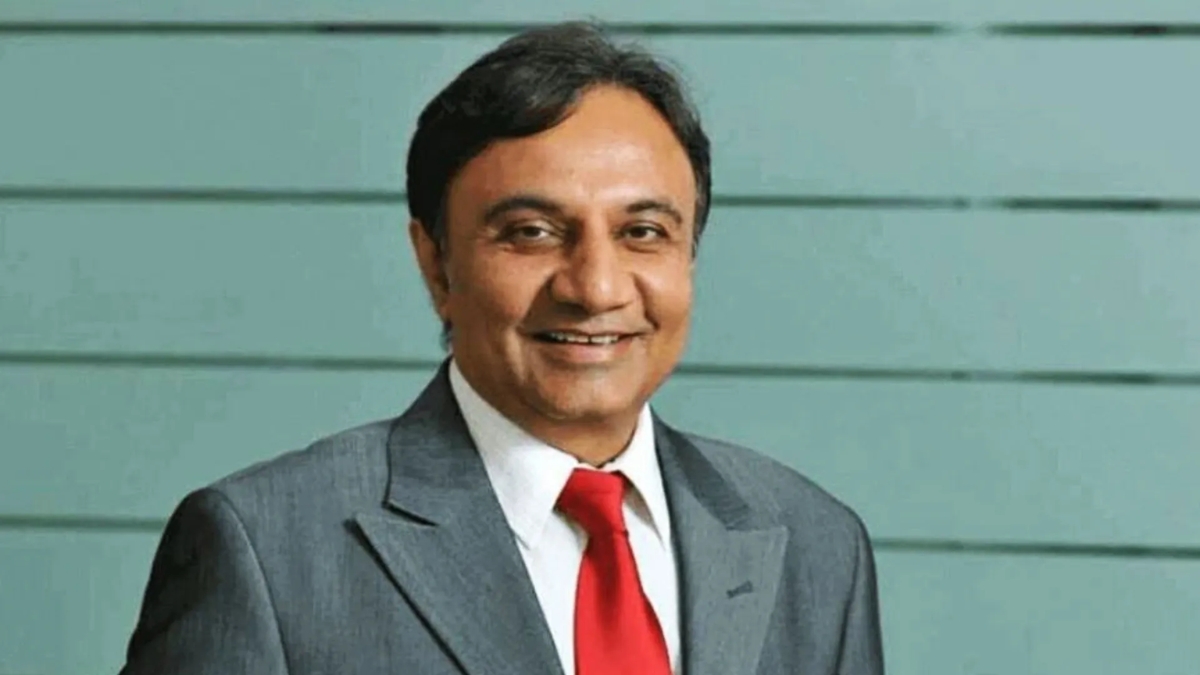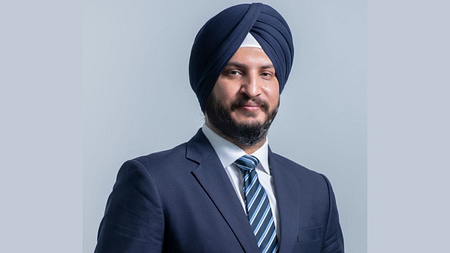Devaansh Bahl, Co-founder & CEO at UniGigs, handle business, finance, and marketing at the venture. He has worked in the Business Finance function at Grofers (now Blinkit), helping them expand their reach to offline retail sectors for a short span. Davaansh, an alumnus of the University of Edinburgh, where he completed his BSc (Hons.) in Mathematics & Statistics, talks to Deepthi Shanishwara in an exclusive one-to-one chat.
Q. In simple words, can you explain the working of UniGigs?
Devaansh Bahl – UniGigs is an online community and a zero-commission marketplace driven by social commerce to connect businesses with skilled freelancers. As a company, you can post a job and hire a pro, choose to engage with the community of freelancers and even browse and buy Gigs/Services that have a clear scope and price. As a freelancer, you can show your skill-based profiles in the portfolios, connect with other freelancers and get work at zero commission basis the quality of your profile.
Q. Can you please let our readers know the inception story of UniGigs?
DB – All three of us did our schooling at the same school, St Francis De Sales, New Delhi. While Dharmendra completed school in 1989, Harsh and I were classmates/ batch mates, and we finished high school in 2015. Coming from business backgrounds, our fathers and forefathers have been entrepreneurs in traditional business setups. Both Harsh and I used to undertake group tuitions and workshops for our classmates as freelance tutors. During graduation, we realized the potential freelancing could have in the future. Especially seeing the number of sides hustles our classmates would take in two different parts of the world, me in the UK and Harsh at IIT Delhi. It was then that we got together and thought of creating a platform our friends could use. Our third co-founder Dharmendra has the experience of pivoting his entire venture around one popular freelancing platform in the US. We studied the market profoundly and concluded that it would be a good idea to launch a platform empowering the future of work, driven by a skill-based Gig Economy.
Q. What are your plans for the organization?
DB – We’ve launched a complete feature-rich platform this month. All our energies are now focused on becoming a made in India for the global audience platform. We believe we’re on the cusp of market disruption, and something like this can be incredibly useful to people worldwide.
Also, with the right financial backing and support, we’re looking to build a strong core team of people who can help us catapult our venture to the next level.
Q. What makes your company unique?
DB – 1. Marketplace combined with networking features: Single platform to deliver e-commerce marketplace and social networking functionality rolled into one (social commerce).
- We’re a Zero (0%) commission platform. We believe this incentivizes users to transact more on the platform – for payment security & experience building from the seller’s perspective and cost-effectiveness from a buyer’s perspective.
- Made in India for the global Audience, the platform built for Indian sellers and international buyers delivers the advantage of affordable talent.
Q. What has been your most significant failure, and what did you learn?
DB – There have been multiple instances which have improved us over the time, like
- Focus on establishing a product-market fit before scaling: As an organization, initially, we focused on getting more and more users to use the platform. Over a period of time, we realized that it is not about the number of users initially but more about what existing users have to say about your product/idea. Look for signs of user love/retention.
- Focus on identifying and building the right set of core features for your MVP. Initially, when we started building the product, we created too many features, which delayed our MVP launch. It was only after continuous user feedback that we identified and realized the importance of building the right set of core features that your users want and then sort of scale later.
- Set a clear, actionable set of metrics and milestones to track and focus on measuring these metrics: The success/failure of what we are building is to look for signs of user love. To measure this, we went by our instincts. After continuous user feedback, we understood the importance of focusing on the right set of metrics to track.









